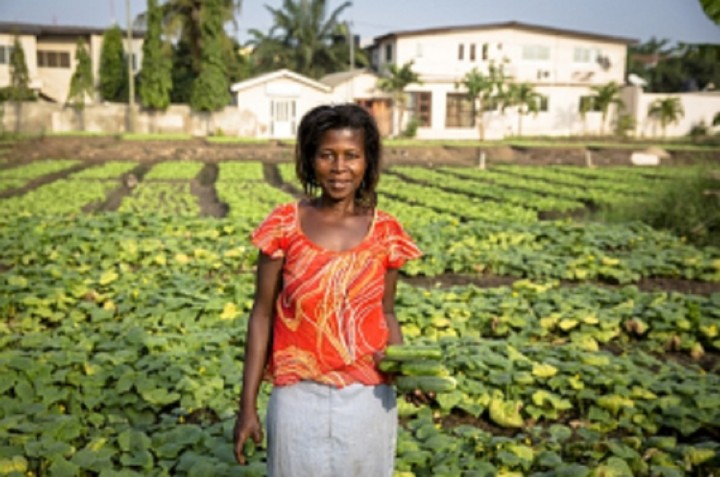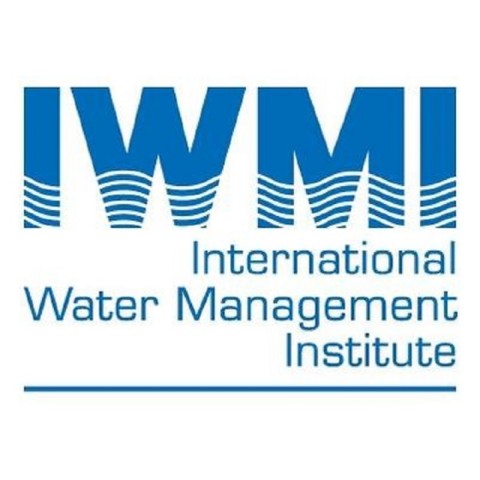Research projects of IWMI
Project ongoing since: 2005 • IWMI (International Water Management Institute)
Purpose
Research focuses on the key water challenges poor agricultural communities face - issues that affect food production, people’s livelihoods and health, as well as the integrity of the environmental services.
Activities
WMI’s research focuses on the key water challenges poor agricultural communities face - issues that affect food production, people’s livelihoods and health, as well as the integrity of the environmental services on which they depend. Research thus examines the “water-food-environment nexus”, adopting a multi-disciplinary approach and balancing efficiency and productivity objectives with equity and sustainability concerns.
The issue pages on the website of IWMI describe some of their sub-programs. They also link to projects, publications, videos and presentations. These two sub-program pages from IWMI describe research in the field of sustainable sanitation:
- Resource Recovery and Reuse program. Project example: Developing fortified excreta pellets for use in agriculture (in Ghana)
- Safe Wastewater Use program. Project example: Capacity Development Project on the Safe Use of Wastewater in Agriculture (November 2011 to May 2013)
Images

Image: iwrm waste water irrigation in ghana © iwrm
Countries of activity
Location of main activity
Filter tags
Composting, vermicomposting (solid waste), composting toilets Faecal sludge treatment processes Faeces or faecal sludge Fertiliser Food security and productive sanitation Greywater or wastewater Health and hygiene International NGO Other funding source or unspecified Peri-urban Practitioners Resource recovery Rural Rural areas Specific to one or several countries Sub-Saharan Africa Treatment of faecal sludge Water (irrigation, process, other)
Links
International Water Management Institute
Colombo
Sri Lanka
Uploaded by:
SuSanA Admin (susanaadmin)















